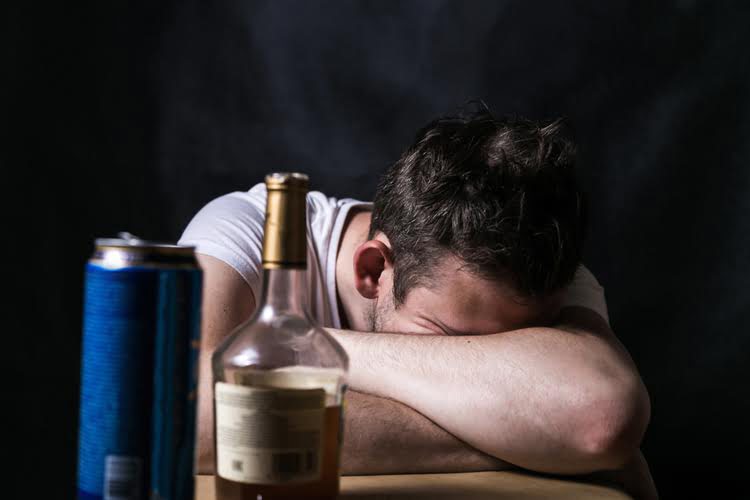Kindling is caused when people are repeatedly withdrawn cold turkey from alcohol with no tapering and no medications. It can help you reach goals and can minimize some of the unpleasant and severe symptoms of alcohol withdrawal. Alcoholism can affect the person struggling with it as well as their loved ones. However, it’s important to keep in mind that https://ecosoberhouse.com/ can be dangerous if it’s done at home.

By opening up about your relationship with alcohol, you might also encourage others to explore their own drinking habits. Say you don’t have any cravings when you go without drinking. All the same, “a quick drink” often turns into three or four drinks. When you’re having a good time, you find it hard to stop, especially in the company of friends having the same amount.
Alcohol Withdrawal Symptoms
You may need to get fluids intravenously, or through your veins, to prevent dehydration and medications to help ease your symptoms. Some people can be treated at home, but others may need supervised care in a hospital setting to avoid potentially dangerous complications such as seizures. If you drink daily, your body becomes dependent on alcohol over time.
- It’s possible to develop a better relationship with alcohol and make more mindful, informed choices about drinking without total sobriety.
- Your CNS must work harder to overcome the depressant effects of alcohol to keep your body functioning.
- However, individuals who suffer from alcohol addiction require professional rehab.
- But some people choose to manage alcohol withdrawal themselves.
They may be more noticeable when you wake up with less alcohol in your blood. Other groups of people sometimes offered hospital admission for ‘detox’ include those with learning difficulties, social difficulties or lots of different illnesses. You are likely to be prescribed Alcohol Detox vitamins, particularly vitamin B1 (thiamine), if you are alcohol-dependent – especially during ‘detox’. This is because many people who are dependent on alcohol do not eat properly and can lack certain vitamins. The medication used for ‘detox’ does not make you stop drinking.
Causes of Alcohol Withdrawal
If you taper off alcohol slowly or with medical supervision, the brain has time to adapt without causing severe side effects. Detoxification, or ‘detox’, involves taking a short course of a medicine which helps to prevent withdrawal symptoms when you stop drinking alcohol. The most commonly used medicine for ‘detox’ is chlordiazepoxide. If you are alcohol-dependent you have a strong desire to drink alcohol. Therefore, you may start to develop withdrawal symptoms 3-8 hours after your last drink as the effect of the alcohol wears off.
- Studies show support groups play an instrumental role in helping people develop healthy social networks that result in continued sobriety.
- These symptoms are most severe between 24 and 72 hours after the last drink and may limit your ability to eat.
- Medical supervision, behavioral health treatment, and mutual-aid groups can help you through alcohol withdrawal and stay stopped.
- It can be an alternative to inpatient or residential treatment or a step-down from one of those programs.
- Recently, with COVID-19 precautions, many programs offer programs via telehealth.
If you do go back to heavy drinking, you can always try again to stop or cut down. Some people take several attempts before they stop drinking, or keep within the safe limits, for good. See the separate leaflet called Alcohol and Sensible Drinking.